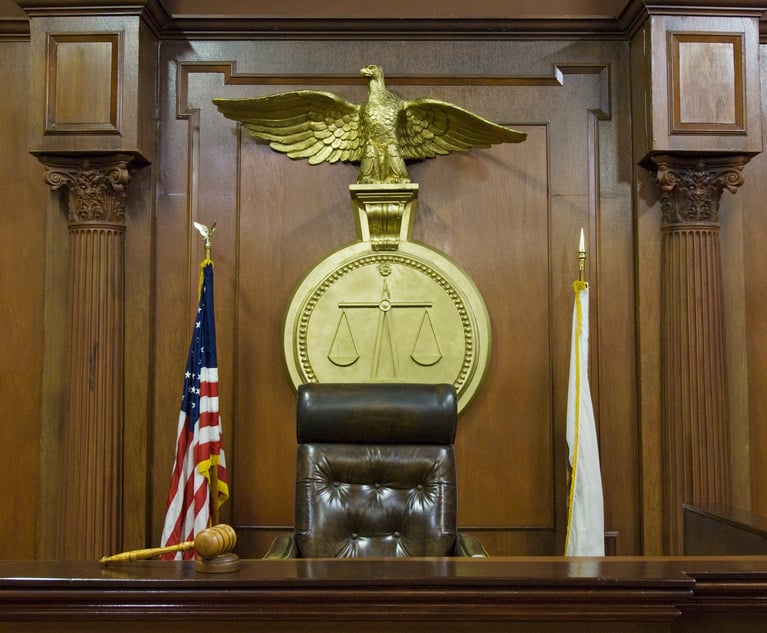Arbitrators and counsel alike often face an array of discovery issues. Some of the thorniest issues arise when parties disagree as to the permissibility of third-party discovery or a third party who is not subject to the arbitration agreement refuses to respond to discovery requests. To best navigate third party (or nonparty) discovery in arbitration it is best to consider the general principles governing discovery in this setting.
Dealing With Party Discovery First
Arbitration, as any form of alternate dispute resolution, is intended to be more efficient and cost-effective for the parties, without all the hoopla of full blown litigation. Unfortunately, those objectives are not always met as arbitral parties seek to engage in extensive and expensive pre-hearing discovery. At the outset of any proceeding, even before the initial conference with the neutral, counsel and the neutral should prepare to discuss the scope and duration of discovery and any anticipated issues. Doing so, will help the parties limit discovery to the information and form of exchange best suited for the particular proceeding. Ideally, preliminary assessment of the issues will also reduce the likelihood of discovery disputes for the arbitrator to resolve.


 Francine Griesing of Griesing Mazzeo Law. Courtesy photo
Francine Griesing of Griesing Mazzeo Law. Courtesy photo




